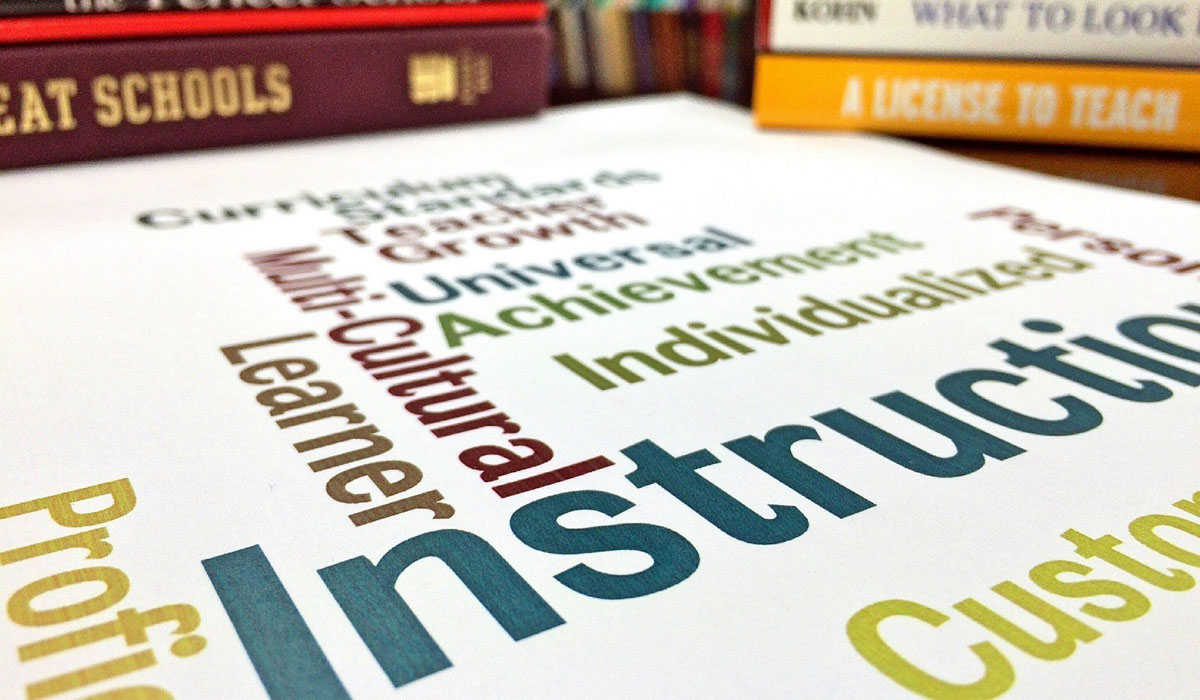
The instruction program fulfills the mission of University Libraries and The Catholic University of America by collaborating with campus educators to equip our students with essential library skills and information literacy knowledge that they can apply to their classwork and to continuous lifelong learning.
-
Instruction Goals
The library instruction program seeks to achieve multiple goals. Each goal is pursued progressively through the undergraduate curriculum.
Comfort - Students will identify the library as an approachable place for expert assistance in meeting information needs
Awareness - Students will recognize the variety and utility of library collections and services
Search - Students will apply effective strategies for gathering information sources in order to address an information need
Evaluation - Students will critically evaluate information sources to appraise their quality and relevance in addressing research and information needs
Application - Students will employ information sources effectively and ethically
-
Information Literacy
Librarians differentiate between library skills and information literacy.
Library skills refers to the basic skills needed to use a library to find physical and online sources. Library skills instruction focuses on, for example, using the catalog, navigating library physical spaces, navigating online pages, selecting and using journal databases, getting full text, borrowing from other libraries, and similar skills.
Information literacy is a much broader concept, defined as “the ability to think critically about the discovery, use, and creation of information as both producers and consumers” [source]. Information Literacy instruction focuses on the skills and knowledge needed to navigate, evaluate, and use information from a wide variety of sources.
The Association of College and Research Libraries introduced the Framework for Information Literacy for Higher Education (2014), which includes the following threshold concepts:
- Authority is Constructed and Contextual
- Information Creation as a Process
- Information has Value
- Research as Inquiry
- Scholarship as Conversation
- Searching as Strategic Exploration
Many resources are available for understanding the Framework and how it influences classroom and library instruction. A helpful guide for faculty is included at http://www.ala.org/acrl/standards/ilframeworkapps.
Please contact the Instruction Coordinator to discuss how the University Libraries can partner with you to incorporate information literacy in your course or academic discipline.
-
Contact Us
Instruction Coordinator: responsible for developing, implementing, and coordinating the University Libraries information literacy programs. The current Instruction Coordinator is vacant, please contact us at lib-instruction@cua.edu.
Subject Liaison Librarians: professional librarians who specialize in the various academic units represented on campus. Each liaison serves as a point person for discipline faculty to inquire about library materials and services. See the list of liaison librarians by academic discipline.
